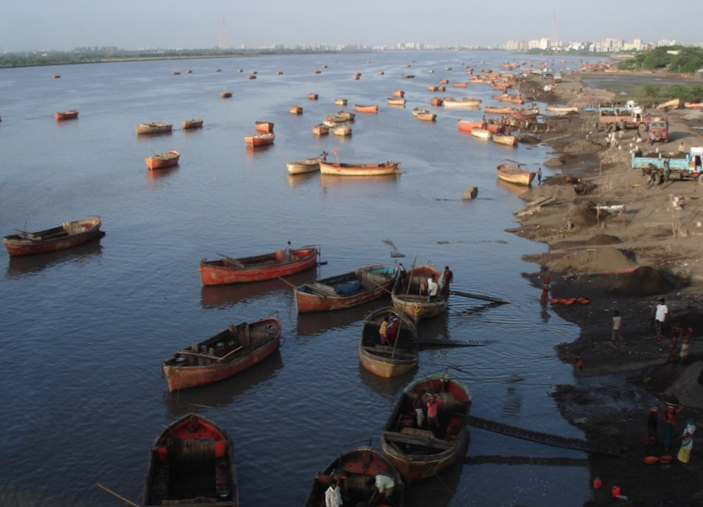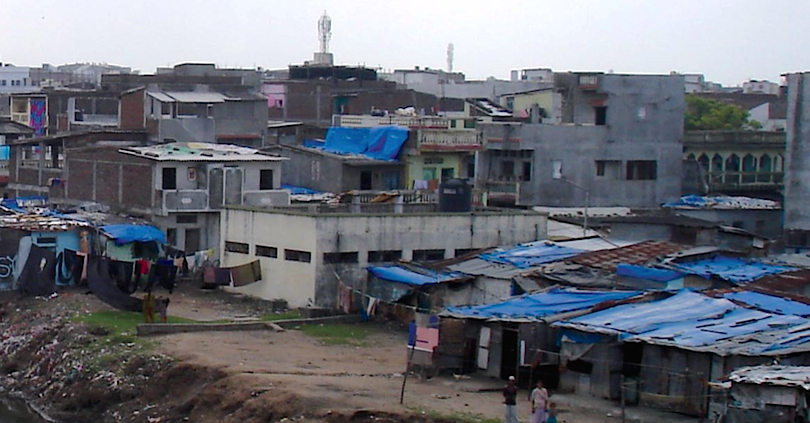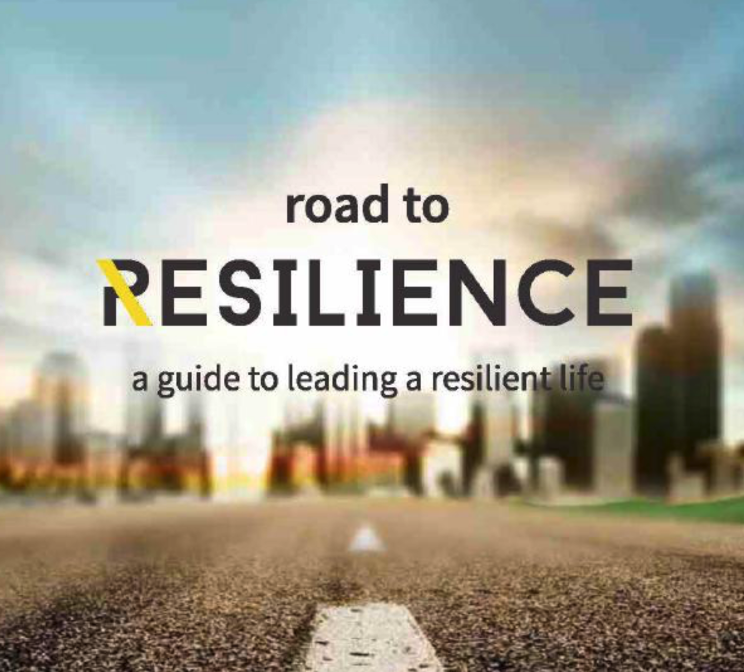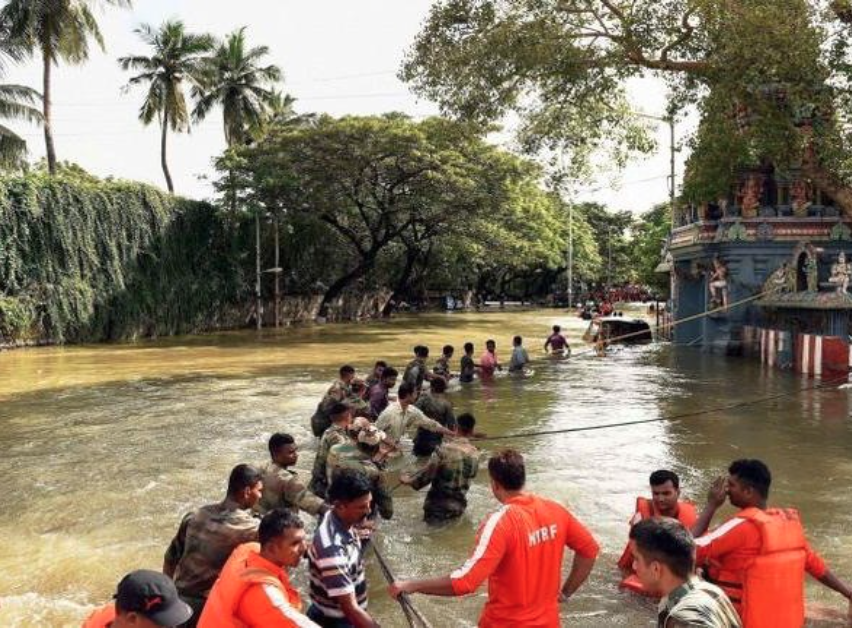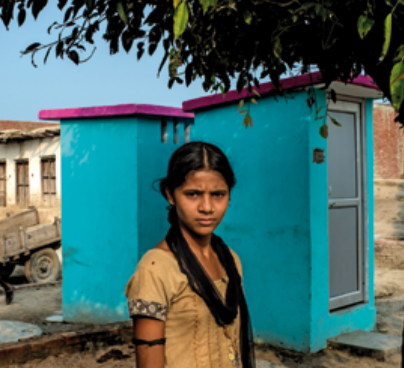ACCCRN
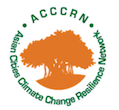
Climate change resilience is the capacity of an individual, community, or institution to dynamically and effectively respond to shifting climate impact circumstances while continuing to function at an acceptable level. Simply, it is the ability to survive, recover from, and even thrive in changing climatic conditions.
It includes the ability to understand potential impacts and to take appropriate action before, during, and after a particular event, such as a typhoon, major flooding or prolonged drought to minimize negative effects and maintain the ability to respond to changing conditions.
ACCCRN works at the nexus of climate change, vulnerable and poor communities, and urbanization.
Mercy Corps, Rockefeller Foundation Launch Asia Regional Network To Build City Resilience To Climate Change
At the first Asia-Pacific Forum on Urban Resilience and Adaptation this week in Bangkok, the Asian Cities Climate Change Resilience Network (ACCCRN) will launch a member-based regional network headed by global humanitarian organization Mercy Corps. As a result of ACCCRN’s expanding footprint, Mercy Corps will build a larger coalition of national, regional and local practitioners and institutions committed to helping cities withstand and recover from the projected impacts of climate change. Today more than half of the world’s population lives in urban areas, and this number will increase along with vulnerability to erratic and severe weather patterns.
“Increasing frequency and intensity of storms, unpredictable growing seasons, floods and drought are becoming a day-to-day climate reality in many parts of the world,” says Jim Jarvie of Mercy Corps and ACCCRN Network Director. “When coupled with the pace of urbanization, poor and migrant populations in urban areas are especially vulnerable. To save lives and protect homes and livelihoods, it’s important to invest in approaches to urban challenges embedded in governance to reduce vulnerabilities and make communities resilient.” Since 2009, Mercy Corps has led ACCCRN in Indonesia in Bandar Lampung and Semarang, two cities prone to flooding and other environmental challenges, bringing together government and community leaders to strengthen emergency preparedness and plan coordinated responses to flooding, landslides and other disasters, as well as slower onset stresses from climate change.
“The launch of the ACCCRN Network could not have come at a better time,” says Ashvin Dayal, Associate Vice President of the Rockefeller Foundation. “There is an increasing need to put resilience principles into practice, as the confluence of urbanization, climate change and vulnerability becomes more palpable. The regional network will enable practitioners to connect, share experience and advance urban climate change resilience agendas together. This will help cities address day-to-day challenges, while also preparing them for whatever shocks may come their way, making them able to realize a resilience dividend.” Launched in 2008 as an initiative of the Rockefeller Foundation, ACCCRN strengthens capacity of rapidly growing cities in Bangladesh, India, Indonesia, the Philippines, Thailand and Vietnam to better prepare for devastating shock events and more gradual changes. Since its founding, more than 50 cities have joined ACCCRN. The expanded ACCCRN network is a membership-based platform, open to all concerned with building urban climate change resilience. Practitioners and institutions can join the new ACCCRN network at acccrn.net.
Partner Organisations

